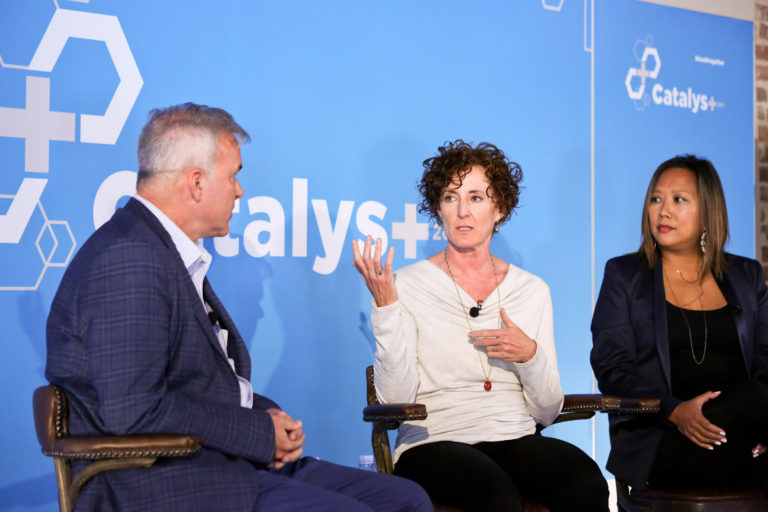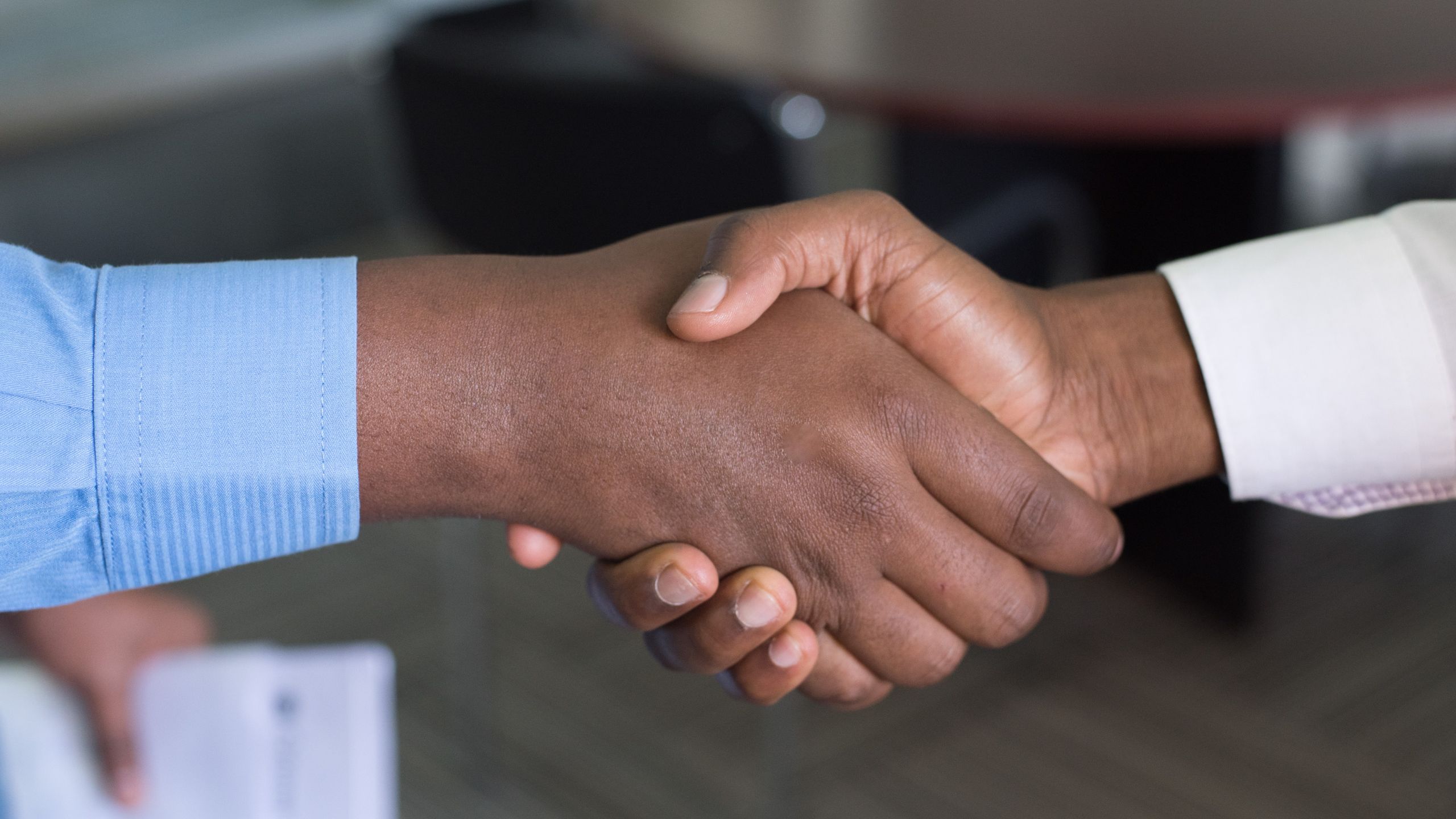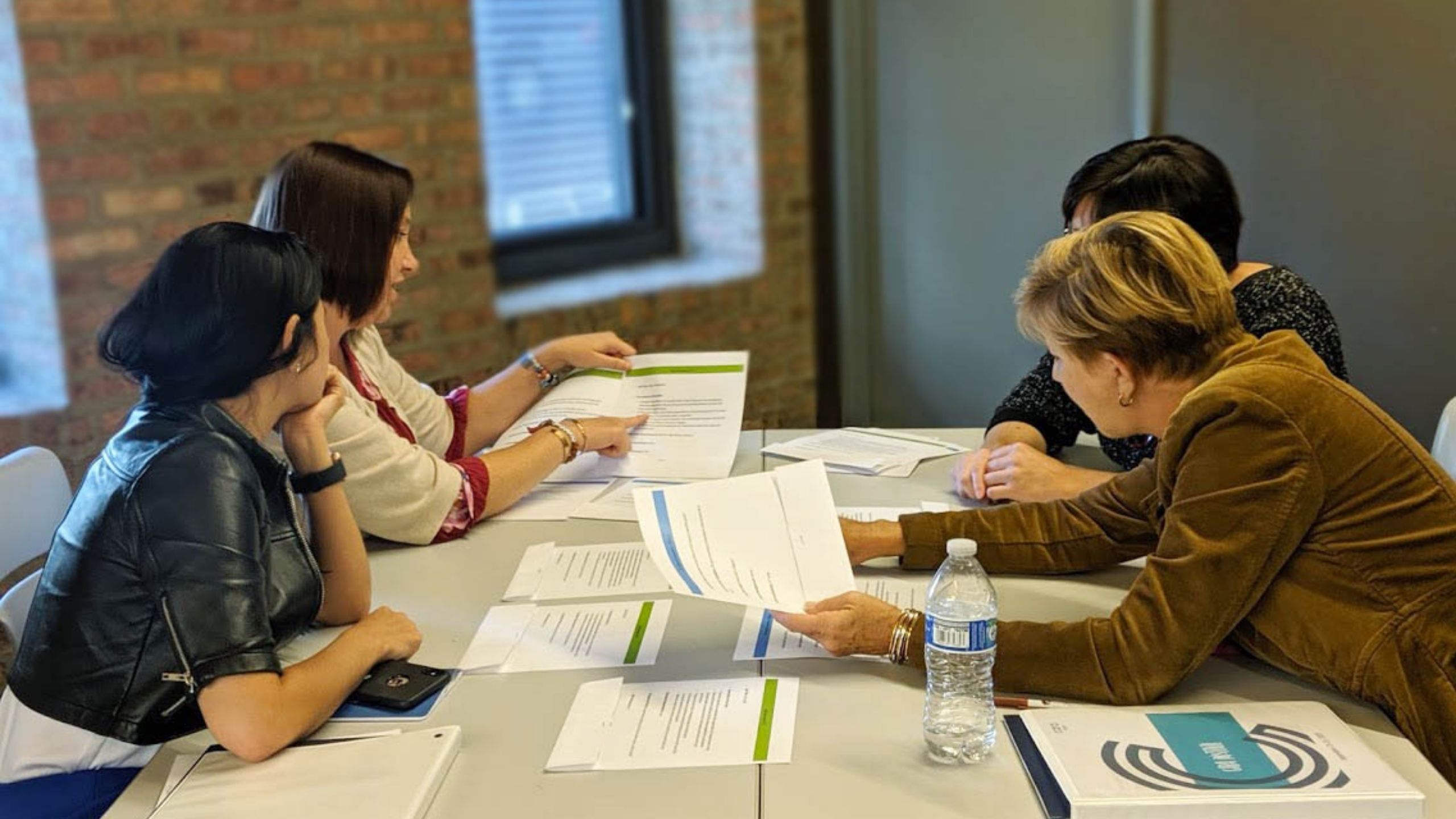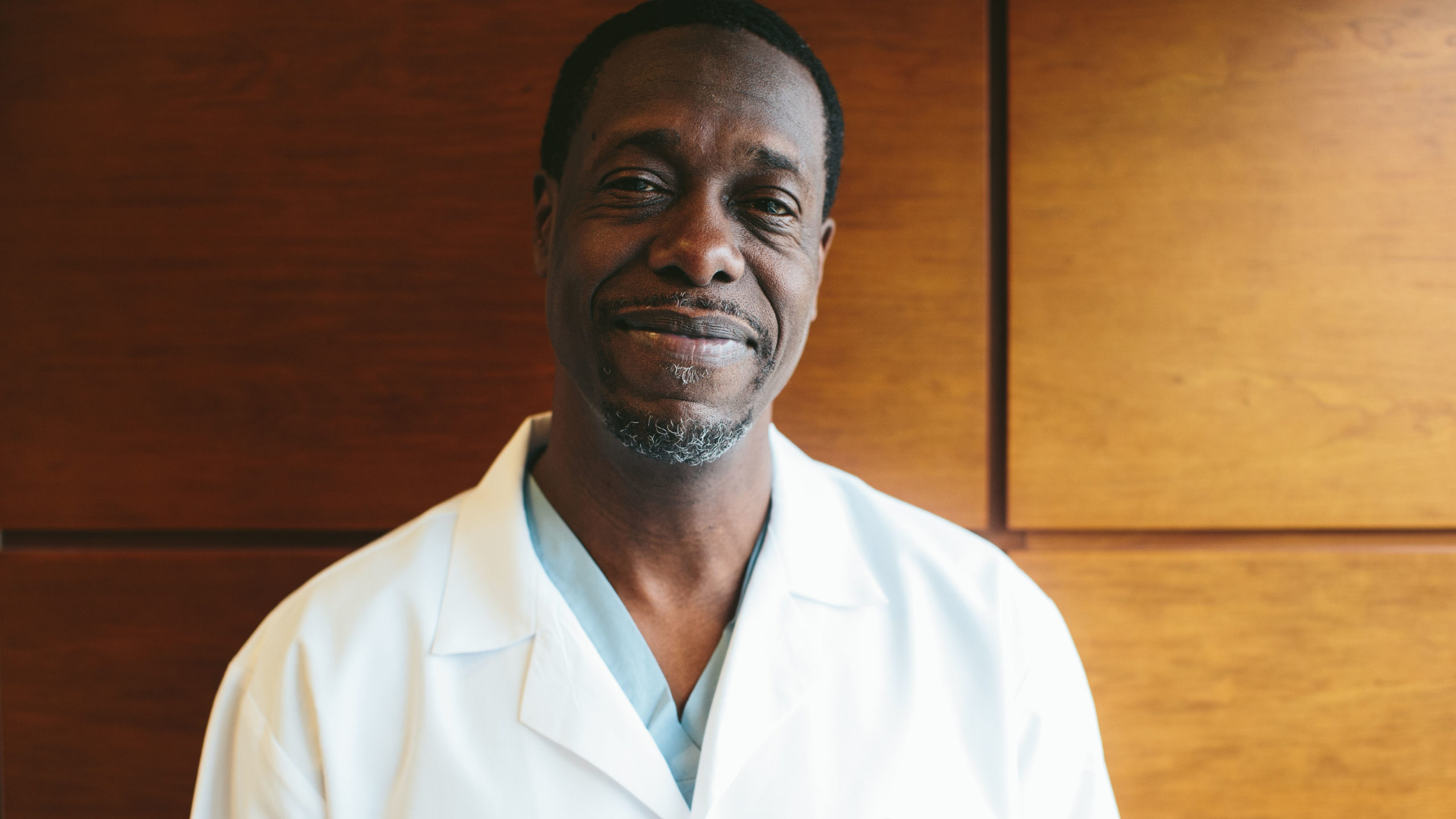Becoming a Catalyst in the Power of Community

I love being in DC. I love the weight of it, the buzz of it, the feeling you get when you stand up against a monument and realize both your smallness and your capacity for greatness all at the same time.
In my last trip, I had the good fortune to participate in the Stand Together Catalyst Summit – a convening of social entrepreneurs mobilizing solutions to lift up our most vulnerable and in their words, “unleash the power of community.” These summits are effective because they’re less about the show as they are about the substance – the real sharing of truths (even the ugly bits) about what works and what doesn’t, particularly as we position solutions for transformative growth.
The following are a few of the truths we shared at the summit that we believe have been key to our identity and also our sustainability. It’s important to hit the pause button every once in a while and understand not just who you are, but how you got there. Consider this a highlight reel on our “how.” My hunch is that if we stay true to these truths, then the best is yet to come.
On the importance of understanding your core capability:
We are clear on who we are and who we are not. We are in the business of hope, jobs, and opportunity. We are not here to provide housing or to provide direct recovery services, though clearly those are essential supports to an individual in search of a second chance. To tap into those critical services, we partner with organizations where this is their core capability so that we simply plug into a larger continuum of care.
On the need to be knee-deep in your mission:
We have a saying at Cara: “You cannot teach where you will not go,” which is to say that if part of what makes our program work is a willingness towards vulnerability, towards discovering the deep bits within yourself that need reflection and, in some cases restoration, then as leaders we too must go there.
On the notion that every action we take is an act of culture:
We are not just creating outcomes, we’re building a culture. Culture is ultimately what makes an organization more sustainable over time; therefore even micro actions can define your culture. If you want a culture that has a bias towards inclusivity, but you don’t bring colleagues along in key decision making, not because of ill intent, but because of the sheer scarcity of time, the unintended consequence is a negative hit to culture. Hold a mirror to your actions to ensure they’re not only in service to the mission, but they are equally in service to your culture.
This summit for me carried with it the very tensions I love about DC – how organizations like ours can be both small and mighty, and how solutions to sticky, thorny problems can have greater velocity if we practice both fidelity to our model and commitment to truisms that help make that model great.
Indeed, the best is yet to come.
Maria Kim is the President and CEO of Cara. She holds an MBA from the Booth School of Business and serves on the boards of the EPIC Academy and Rebuilding Exchange. She fancies herself an expert solver of crimes due to her excessive consumption of “Law and Order” reruns.


